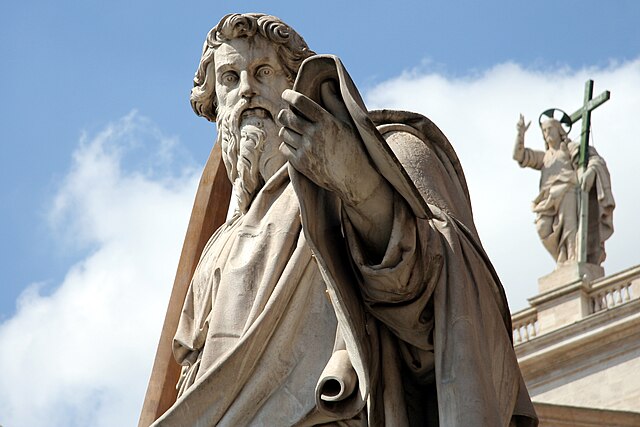Marcion is the whipping boy of the heresiologists and he arguably wins the prize for the worst postmortem PR campaign ever. As if this ancient criticism were not enough, Marcion has been subject to modern value judgments too. It was once popular to quote the dictum of Franz Overbeck that, “No one has understood Paul; and the only person who did understand him—Marcion—misunderstood him.” This is certainly a back-handed compliment if there ever was one! In the context of the Lutheran reading of Marcion, Marcion came close to understanding Paul because Marcion’s Paul resembled Luther’s; nevertheless, Marcion failed to hold together the dialectical tensions of the Lutheran reading. But the obvious question here is this: Why is the Lutheran (or any other later) tradition held up as a criterion for judging the thought of Marcion, a man of the second century?
One would have thought that in recent times comments like Overbeck’s would have lost their cachet. Yet one still find comments to the effect that Marcion misunderstood Paul (meaning: he misunderstood his own scriptures).[1] This over-generalizing judgment—apart from being a potential reinscription of ancient polemic—is out of place in scholarly studies of Marcion. Upon what criteria, after all, could one possibly judge that an interpreter—nearly two millennia closer to Paul than we are, with his own presuppositions governed by a different historical context—misunderstood Paul? More humility is required here, along with a method that remains sympathetic to ancient readers of all types. This is especially true given that Marcionite interpreters have been mocked, pilloried, and in some cases buried by an opposing (self-proclaimed “orthodox”) tradition.
There is no need to bury a man already dead. It is useful to imagine, however, a world—a narrative, biblical world—through the eyes of Marcion. It may be true that one can only understand the past through one’s own interpretive horizon. At the same time, the disciplined historical imagination has the ability to reenvision the past through the lens of its subjects. The goal is not to promote the viewpoint of these subjects (as if it could be applied today without further ado), but to walk a mile in their shoes in order to obtain a new picture of the world—or in this case, of church history.
Anyone interested in the New Testament and early Christian history should know who Marcion was in order to be able to cut through the constant misinformation campaigns about him. For instance, knowing Marcion is key for understanding the Synoptic problem, the construction of the New Testament, the spread of early Christianity, its earliest rites, its ethics, the development of its scripture, the tools of its interpretation, the development of theology, the interaction of theology and philosophy, the so-called “parting of the ways” with Judaism, the church’s (primeval) fall, and its relations with so-called gnostics.
To those of you who become a member of my blog at *any level*, I’m offering 20% off my Marcion course. If you’ve stuck with me this far, you deserve value education on Marcion. Click the link (https://bc-6561.freshlearn.com/introducing-Marcion), and on the checkout page, apply this coupon code:
To obtain the code, please become a member!
Read more of this content when you become a member today.
[1] Todd D. Still, “Shadow and Light: Marcion’s (Mis)Construal of the Apostle Paul,” in Paul and the Second Century, ed. Michael F. Bird and Joseph R. Dodson (London: T&T Clark, 2011), 91-107 at 107.
